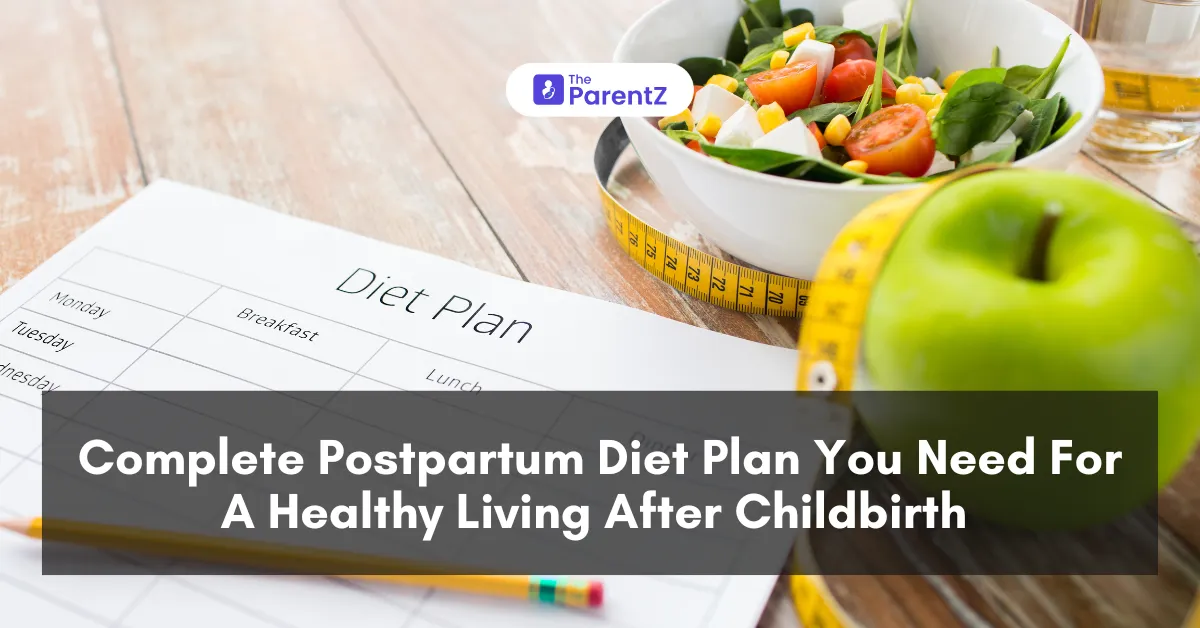The truth is—childbirth takes a serious toll on your body. Whether you had a vaginal delivery or a C-section, your body ultimately needs proper nutrition to heal and recover.
Moreover, if you’re breastfeeding, you will probably need even more nutrients to support milk production and keep your energy levels up. However, even if you are not, eating a balanced postpartum diet plays an essential role in recovery, hormone balance, and total health.
The main question is—what should you eat after childbirth? Find out the complete postpartum diet plan so you feel your best at all times in this comprehensive guide.
Protein for Recovery and Strength
After childbirth, your body is in its recovery stage. And protein plays a big role in tissue healing, muscle rebuilding, and hormone regulation. According to the National Institutes of Health, you must include at least 75 grams of protein per day postpartum.
Did you know that protein also helps with postpartum hair loss? Some of the best sources of protein include lean meats, eggs, Greek yogurt, lentils and beans, and nuts and seeds.
Healthy Fats to Balance Hormones
Postpartum recovery also means stabilizing hormones. And healthy fats help reduce inflammation and regulate mood.
Yes, the baby blues and postpartum anxiety are real.
Some of the most nutritious, healthy fat sources include avocados, olive oil, fatty fish, nuts and seeds, and coconut oil.
Stay Hydrated
Water is essential, especially if you’re a breastfeeding mom. This is because dehydration can lead to fatigue, headaches, and low milk supply. It is recommended to intake at least 12 cups (3 liters) of water daily.
However, even if you’re not nursing, staying hydrated also helps with digestion and keeping up with energy levels.
Lots of Fiber to Prevent Postpartum Constipation
Constipation is a common concern after childbirth. In fact, hormonal changes, iron supplements, and C-sections slow digestion.
Therefore, it is important to eat fiber-rich foods to help keep things moving and prevent those painful postpartum constipation.
Whole grains, including quinoa, brown rice, and oats; Vegetables including broccoli, carrots, and leafy greens; Fruits and chia seeds are some of the top fiber-dense sources you must definitely incorporate into your diet.
Iron to Fight Fatigue
Fatigue is another of the biggest postpartum struggles. And low iron levels can even worsen the condition. Besides, many women lose a significant amount of blood during delivery, which eventually leads to postpartum anemia. The recommended daily intake for postpartum women is 18 mg of iron, according to the National Institutes of Health.
In case you constantly feel dizzy and exhausted, the reason might be low iron levels in your body. Lean red meat, spinach and kale, lentils and beans, and fortified cereals are some of the high iron sources you must include in your diet. Did you know that pairing iron-rich foods with vitamin C helps your body absorb iron significantly better?
Calcium and Vitamin D for Strong Bones
Lastly, your body loses calcium during pregnancy and while breastfeeding.
Therefore, to keep your bones strong, it is important to make sure you are getting enough calcium and vitamin D.
According to experts, postpartum women need 1,000 mg of calcium daily. On the other hand, vitamin D helps your body absorb calcium while regulating your mood.
Dairy products such as milk, cheese, and yogurt; leafy greens; almonds; and fortified plant-based milks and sun exposure are some excellent sources you must include.
Conclusion
A well-balanced postpartum diet can help new moms feel strong and energized throughout the day. During postpartum, it is important to focus on nourishing your body rather than blindly following crash diets. After all, you’re on your healing journey.





Be the first one to comment on this story.